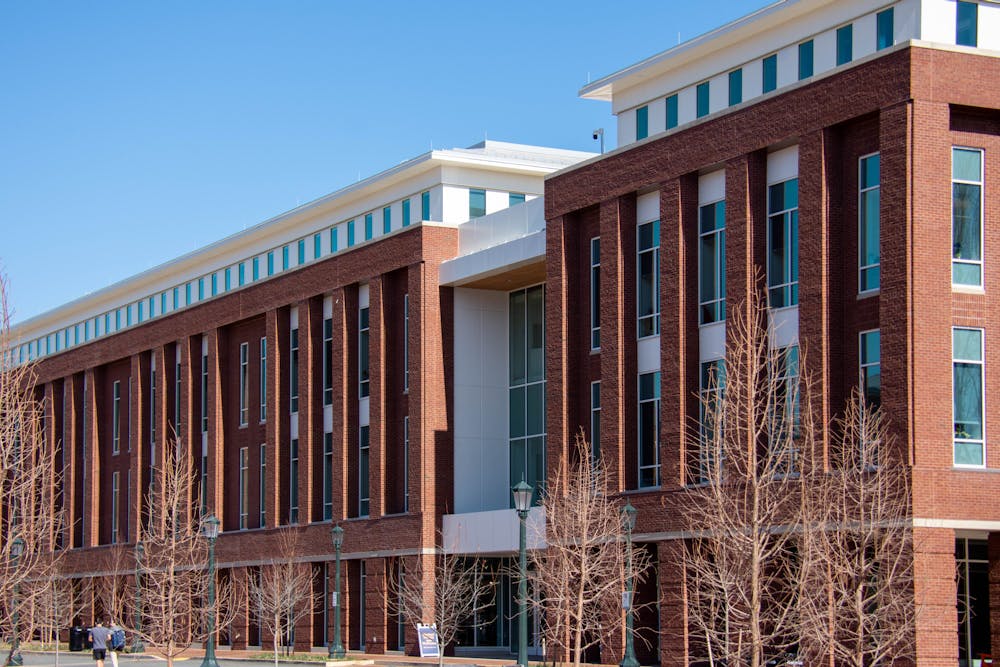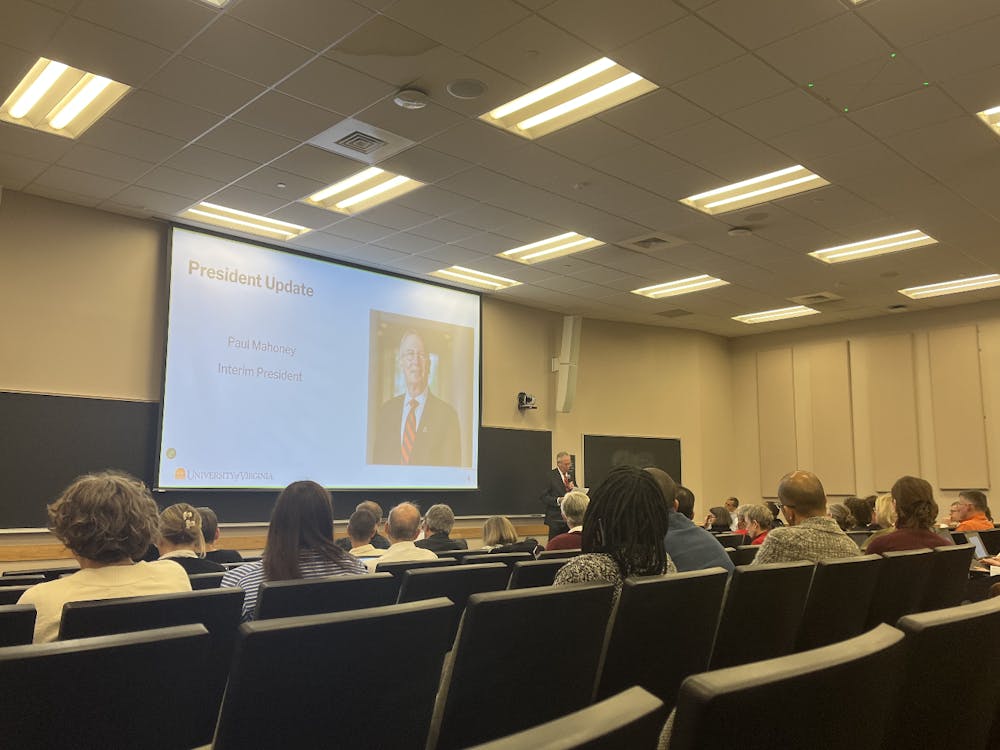U.Va. Health has reported a rise in COVID-19 cases, matching an increased hospitalization rate across the country. According to NBC29, U.Va. Health admitted an estimated 2.7 patients a week for COVID-19 in August, and that number has since risen to 11.4.
University students are also noticing an increasing number of cases among friends and classmates. While the nationwide numbers remain low compared to massive peaks seen across the U.S. throughout the pandemic, COVID-19 hospitalization rates have been on the rise again — increasing by almost 19 percent from July 21 to August 19.
Third-year Education student Torie Hoffman said she felt sick for a few days before testing positive for COVID-19. She said that she took a test at Student Health, but after waiting a day for results, she took an at-home rapid test to find out the result as soon as possible.
“I got super anxious… it put a lot of stress on me, [just] not knowing, and I have a really busy schedule,” Hoffman said.
Hoffman lives in the Kappa Delta sorority house, and she said that others tested positive there as well — either quarantining or going home after receiving positive test results.
Hoffman said that having to miss classes made her very stressed, adding that she is taking a lot of courses this semester. Even though classes started nearly two weeks ago, Hoffman said she is already in the midst of quizzes and exams.
Although U.Va. Health monitors the infection rate of the Charlottesville area at large, Costi Sifri, a doctor in U.Va. Health’s Infectious Diseases and International Health division, said that the organization does not track students specifically.
“In terms of the student population, no, we don't know if it's increasing — but I suspect that it is increasing in students,” Sifri said. “That would make sense because that would be reflected in what we're seeing in the [Charlottesville] community.”
Maria Westerfield, a professor in the College, said she has an underlying condition that leads her to take more precautions against COVID-19. She said she wears a mask while teaching and has required them in office hours, although she recently moved these hours online as she is hearing of more exposures.
“I have found that the students are being very understanding and cautious around me, and I appreciate their concern and efforts,” Westerfield said.
In regards to what measures the University is taking to prevent the spread of COVID-19, Sifri said that he is not entirely sure, but he thinks that it would be reasonable to ask students to test themselves when feeling unwell and to make sure that they are quarantining and wearing masks.
U.Va. Health ended their vaccination requirements in August, and masks were made optional in most hospital areas in early April. Last August, the University reduced its accommodations for quarantining, providing no isolation dorms except for some reserved for the immunocompromised.
Student Health now advises students to adhere to CDC isolation guidelines in the event of a COVID-19 diagnosis — including to stay home for five full days following a positive test result and to wear a mask if you come into contact with anyone.
“I honestly think if they see rising cases, [the University should] send out an email or something to notify people, when they start seeing rise[s],” Hoffman said.
The Virginia Department of Health COVID-19 tracker and vaccine dashboards can be found here.







